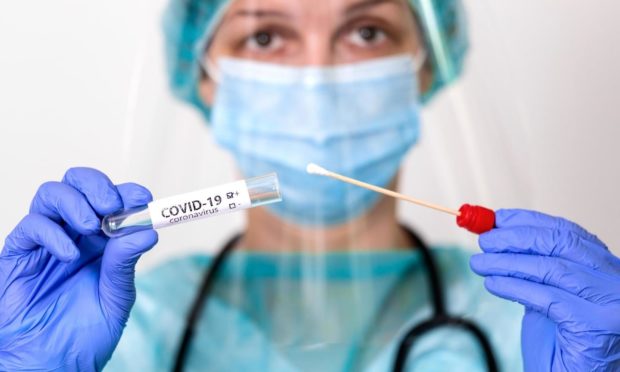A coronavirus early-warning system could soon be in place to prevent future lockdowns.
Scientists are developing a system that will combine data on vaccine intake with wastewater testing.
The SEPA and Scottish Water project is partnership between the Universities of Edinburgh, Glasgow and Stirling, Scottish Environment Protection Agency (SEPA) and Scottish Water
It identifies genetic material from the virus in wastewater, pinpointing virus hotspots as they emerge.
Professor Rowland Kao, chairman of veterinary epidemiology and data science at Edinburgh University’s Roslin Institute, said it was a breakthrough.
He said: “While we can all hope for eradication of Covid-19 this summer, a more realistic possibility is that we find ways of dealing with regular localised outbreaks.
“This partnership aims to identify strategies to show where these are by rapidly picking up outbreaks and introducing local control measures such as surge testing and intensive contact tracing.
“A key is to understand how the numbers of people being vaccinated vary geographically. Any local clusters with larger numbers of unprotected individuals could drive local outbreaks.
“In a winter where resources will also be strained by flu and other seasonal infections, controlling those outbreaks, if they occur, could be crucial to avoiding further lockdowns.”
The project is funded by the Economic and Social Research Council (ESRC) as part of UK Research and Innovation’s rapid response to Covid-19.
A recent Scottish Government announcement of additional funding has extended the work until March.
SEPA executive director David Pirie said SEPA was among the first European agencies to begin work to pinpoint Covid in local waste water samples in May last year.
He said: “Our laboratory will continue analysing around 200 samples a week, collected by Scottish Water from waste water treatment works across the country.”

